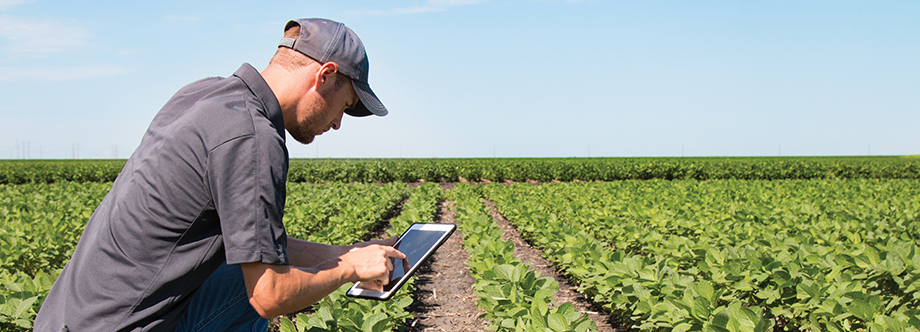Unfair trading practices (UTPs) in business-to-business relations within agricultural supply chains have become an increasingly urgent concern amid trade liberalization, the vertical integration of agri-food systems, and disruptions caused by various natural and geopolitical factors. The concentration of market power at both upstream and downstream levels—coupled with structural and institutional failures—has amplified bargaining power imbalances among national and international actors within these chains. Practices such as delayed payments, unilateral contract modifications, and shifting costs to suppliers without consent undermine equity, operational efficiency, and innovation, while imposing significant economic burdens.
The impact of UTPs on farmers in developing countries has received little attention, but when present, such practices are likely to compromise farmers’ financial stability, limit access to quality inputs, and hinder compliance with international standards. The resulting economic vulnerability is compounded by social issues such as gender inequality, labor informality, and rural poverty. Additionally, environmental consequences—emerging as resource exploitation increases and resilience to climate change declines—restrict producers’ ability to compete on equitable terms and effectively capture value from their integration in global value chains.
Recognizing the need for more evidence and research in this area, FAO has begun to investigate the issue of UTPs and the multidimensional challenges they pose, to support evidence-based policymaking and the formulation of best practices. FAO’s analysis also highlights emerging soft-law instruments adopted in various jurisdictions. These efforts reflect FAO’s commitment to fostering more inclusive, efficient, resilient, and sustainable agri-food value chains worldwide.
What are unfair trading practices?
Unfair trading practices are not defined by a single, universally accepted definition. Rather, they are understood within the context of a set of agreed principles and good commercial practices.
For example, the European Commission broadly defines unfair trading practices as “practices that grossly deviate from good commercial conduct, are contrary to good faith and fair dealing, and are unilaterally imposed by one trading partner on another.”
Source: European Parliament and Council of the European Union. (2019). Directive (EU) 2019/633 of the European Parliament and of the Council of 17 April 2019 on unfair trading practices in business-to-business relationships in the agricultural and food supply chain. Official Journal of the European Union, L 111, 59–72. Directive - 2019/633 - EN - EUR-Lex
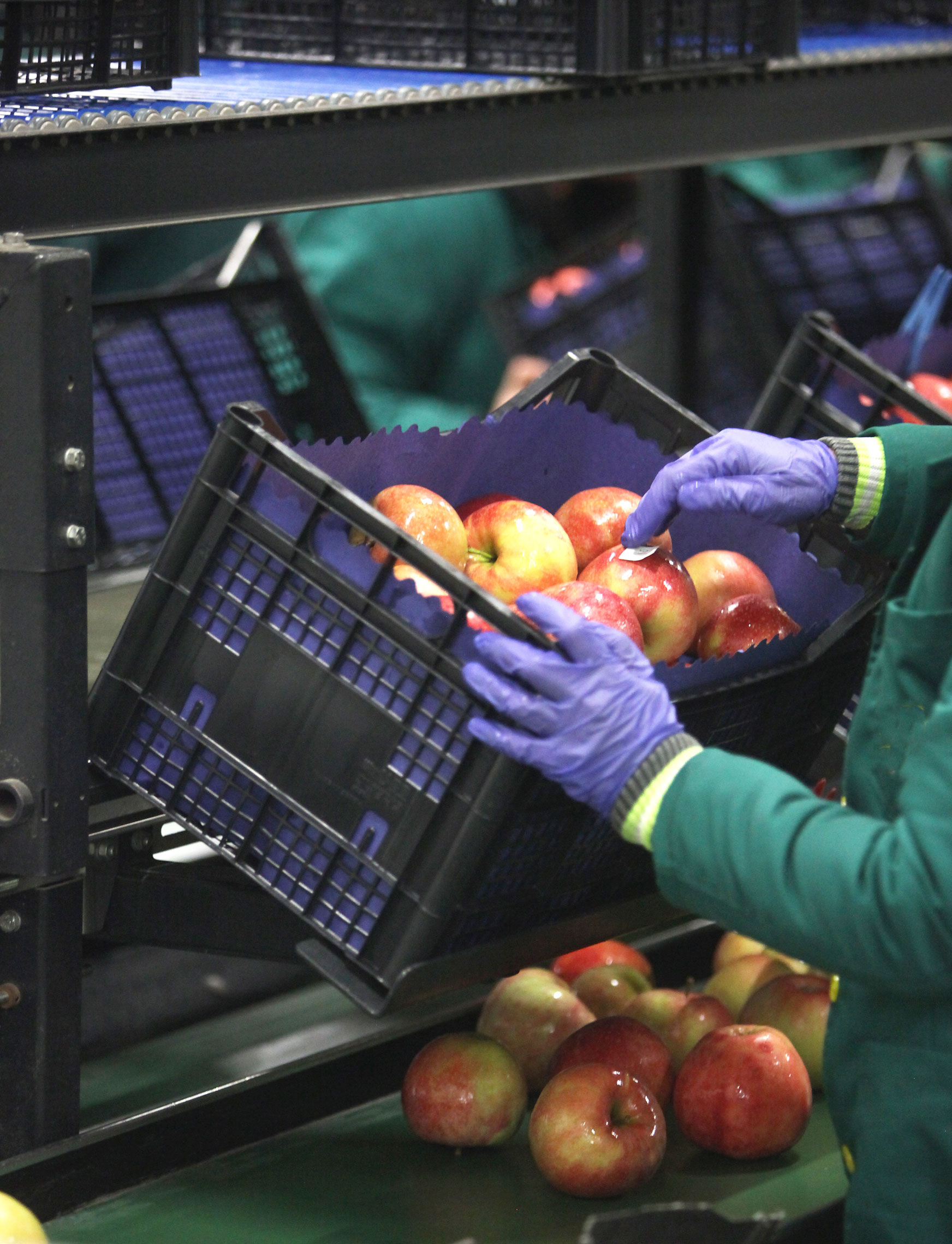
Recent and ongoing work by FAO on UTPs
FAO has embarked on a research programme that includes a review of policy, legal, and regulatory initiatives addressing unfair trading practices (UTPs) in business-to-business relationships within agricultural and food supply chains. This review culminated in the report Unfair Trading Practices in Business-to-Business Relationships in Agricultural Supply Chains: A Growing Concern.
In addition, fieldwork has been carried out in Latin America to identify relevant stakeholders in the pineapple and coffee sectors, and to gather insights through questionnaires on value chain structures and potential experiences with UTPs. This work is now expanding to examine UTPs in the coffee sector in additional countries. Findings will be presented in a final report scheduled for release at the end of 2025.
Publications
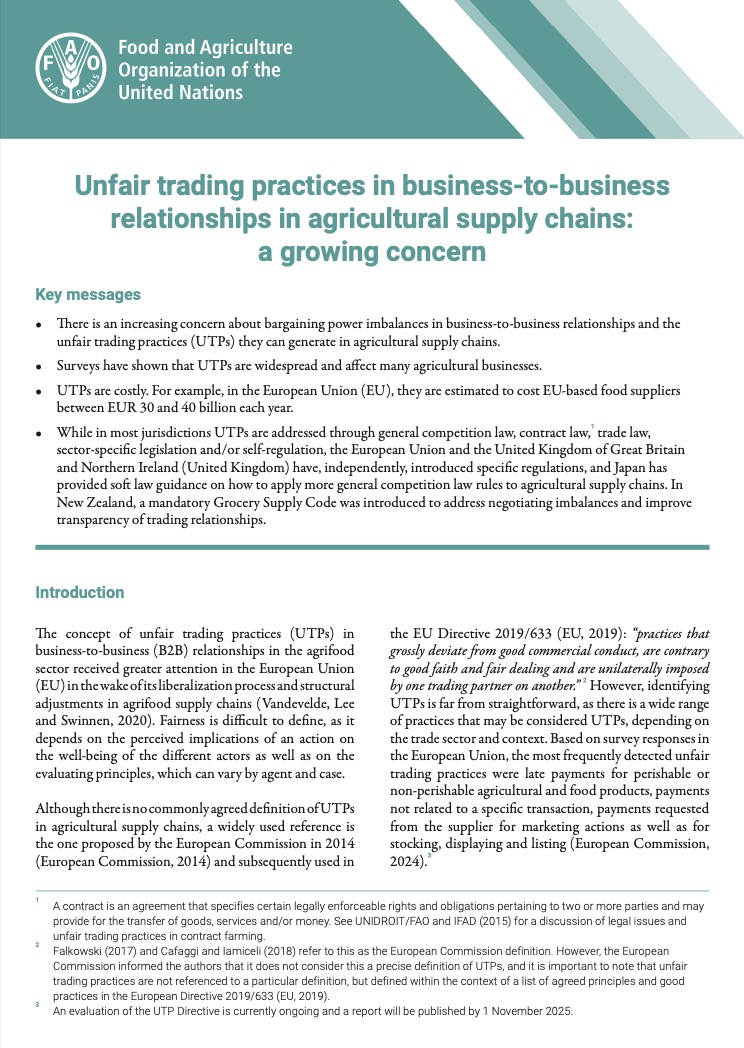
Unfair trading practices in business-to-business relationships in agricultural supply chains: a growing concern
08/10/2024
In the aftermath of the COVID-19 pandemic, the imbalances in bargaining power between suppliers and buyers of agricultural and food products, already a concern before the pandemic, were amplified further. Rapidly rising production costs have led to appeals by producers for these higher costs to be reflected in prices paid to them.
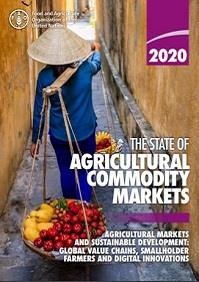
The State of Agricultural Commodity Markets 2020
31/10/2020
The State of Agricultural Commodity Markets 2020 (SOCO 2020) aims to discuss policies and mechanisms that promote sustainable outcomes – economic, social and environmental – in agricultural and food markets, both global and domestic. The analysis is organized along the trends and challenges that lie at the heart of global discussions on trade and development.
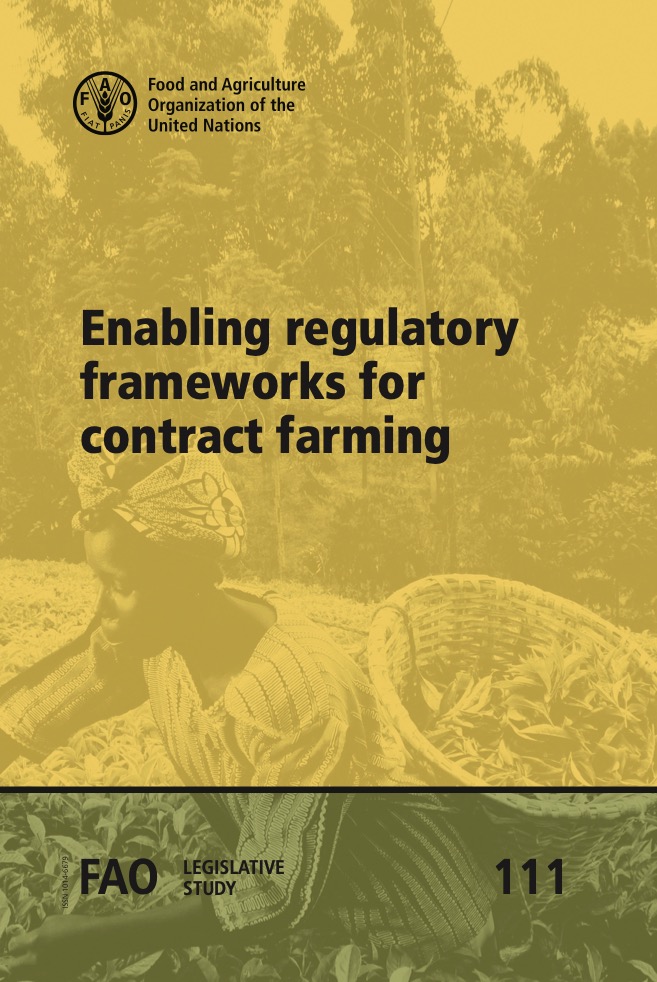
Enabling regulatory frameworks for contract farming
28/02/2018
The purpose of this Legislative Study is to provide national regulators and policy makers with assistance in assessing whether their existing regulatory frameworks on contract farming operations require revision, and if so, what are the potential ways to do so. The study will identify and describe different regulatory options for the regulation of contract farming, albeit without promoting any one in particular.
Regional focus
Publications
Related links
- Increasing the resilience of agricultural supply chains
- Responsible Business Conduct (RBC) in Agriculture
- Building responsible global value chains for tropical fruits
See also
- The World Banana Forum
- Agrifood Economics Division (ESA)
- Global Trade in Tropical Fruits
- Global Trade in Bananas
Contact us


